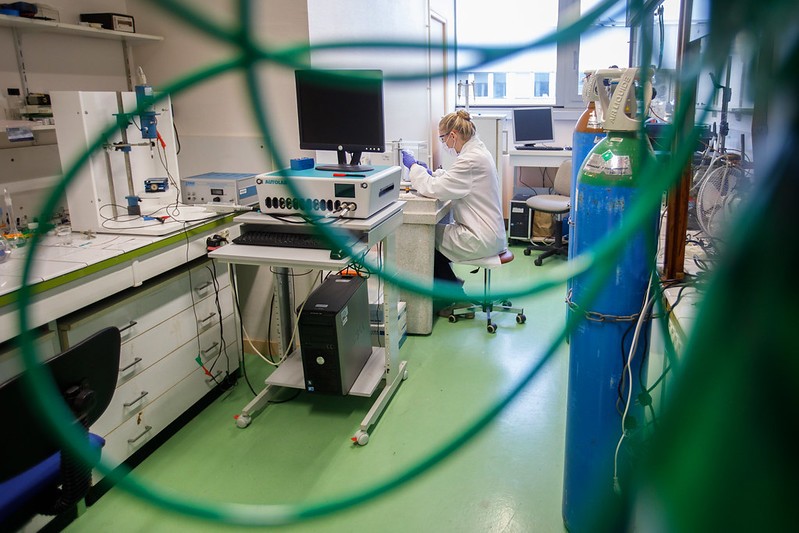- Home
- Department of Chemistry
- Research Areas
- Electrochemistry and Energy
- Low-carbon, Renewable Hydrogen
Low-carbon, renewable hydrogen
Renewable, low-carbon hydrogen plays a key role in the global transition to sustainable energy. By using renewable energy sources such as wind, solar or hydro power, hydrogen production can be decoupled from fossil fuels, thereby reducing carbon emissions. Electrolysis, a key process in the production of renewable hydrogen, involves splitting water molecules using electricity. This green hydrogen serves as a clean energy carrier for a variety of sectors, including transport and industry, promoting a carbon-neutral economy. The department's research focuses on improving production efficiency and reducing costs, as well as developing disruptive technologies for widespread adoption of renewable, low-carbon hydrogen technologies.
1. Large-area electrodes for water oxidation
2. Mechanism of water oxidation on transition metal oxides
3. New crystalline thin-film phases for electrocatalysis (water-splitting)
4. Carbon-based nanomaterials as electrocatalysts for water cracking - water splitting
5. Photo-reforming alcoholic residues for hydrogen production

Faculty contacts
| Simon Delacroix (subject 3) | Grégory Danoun (subject 5) |
| Aleix Guell (subject 4) | Fouad Maroun (subject 2) |
| Cedric Tard (subject 1) |
 Support l'X
Support l'X